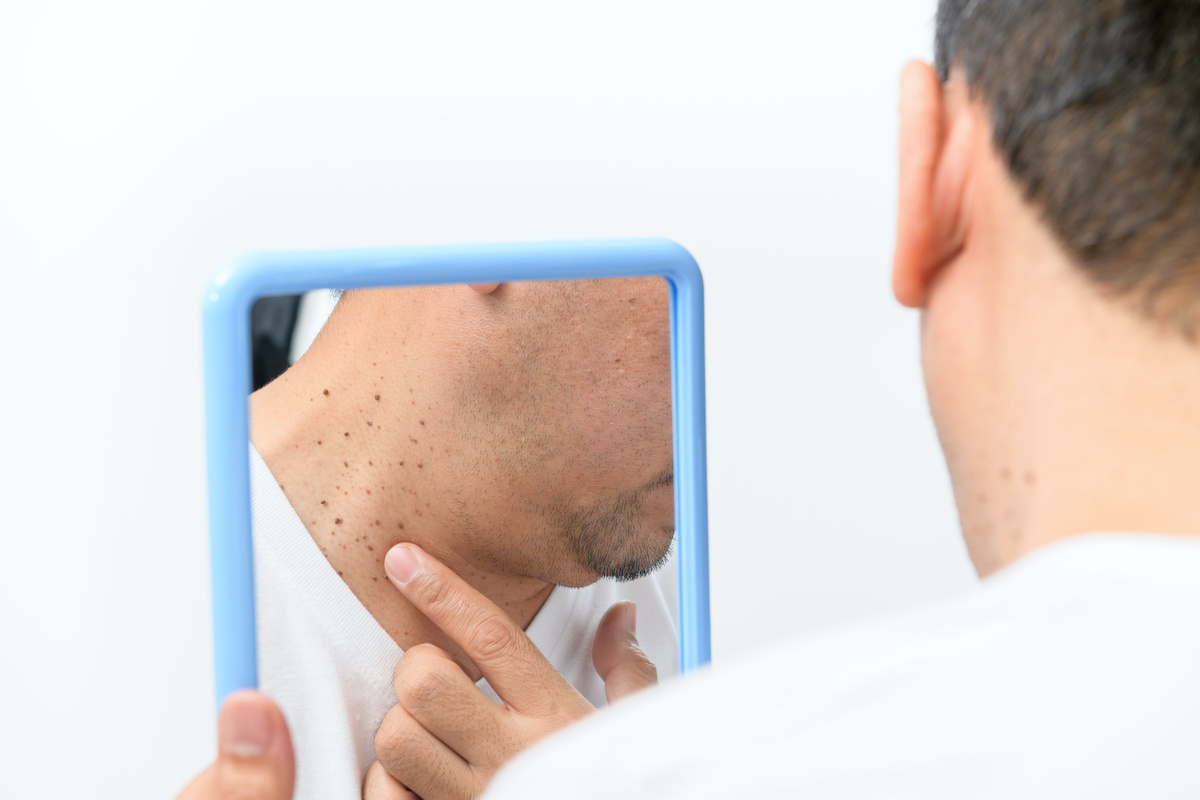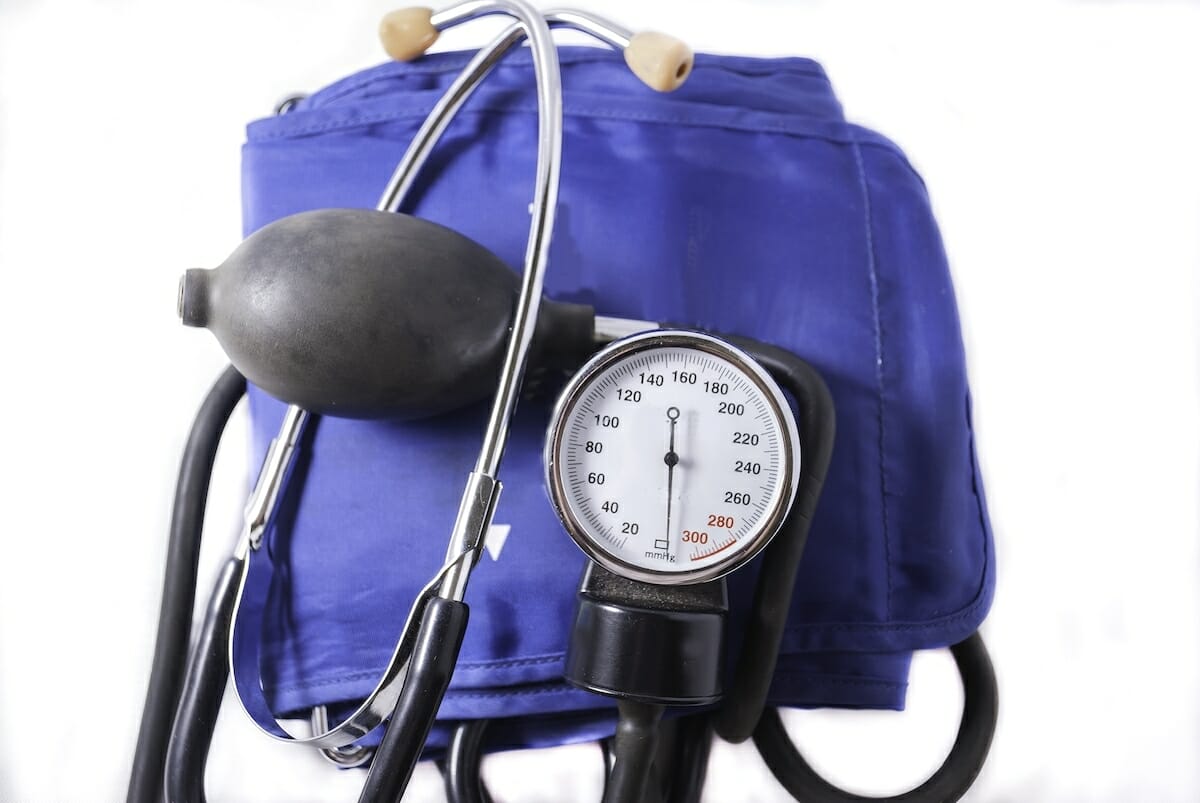It’s important to be aware
More children are showing up at emergency rooms at least in part because parents, coaches and pediatricians have become more aware of the dangers of concussion and more alert to its symptoms. Children and teenagers are more likely than adults to sustain a concussion and also take longer to recover. It is critical that their recovery be complete and medically approved before resuming sports activity to avoid second impact syndrome, a rare but serious condition in which even a mild blow can be catastrophic if an earlier concussion hasn’t completely healed.
A concussion is a type of traumatic brain injury in which a blow to the head or body causes the brain to be jarred or shaken inside the skull. While there are sometimes bruises or cuts on the head, there is more often no visible sign of injury, no loss of consciousness and no structural damage to the brain. “In the typical concussion, the damage to the brain is functional,” says Dr. DaSilva, “meaning there is a temporary disturbance in the way the brain works. Concussions are diagnosed based on an understanding of the injury that occurred and the youngster’s symptoms.”
Symptoms of Concussion
The most common symptoms of concussion are headache, confusion, and amnesia about the injury. If the blow to the head was mild and the child is alert and responsive, the concussion is probably mild and a visit to the doctor within a day or so is appropriate.
Symptoms that warrant immediate medical attention include repeated vomiting, loss of consciousness, lasting dizziness, a headache that gets worse over time, slurred speech, stumbling or loss of coordination, changes in vision, dilated pupils, and ringing in the ears Post-concussion syndrome is a complication of concussion. It is sometimes called post-concussive syndrome.
The symptoms of post-concussion syndrome can include:
Physical symptoms:
Headache. This is the most common symptom.
Dizziness. This may be accompanied by dizziness with a spinning sensation (vertigo).
A feeling of sickness (nausea).
Double, or blurred, vision.
Hearing loss and/or a ringing noise in the ears (tinnitus).
Reduced sense of smell and taste.
Problems tolerating light and noise.
Emotional and behavioral symptoms:
Being easily irritable and sometimes aggressive.
Feeling anxious easily.
Depression.
Having disturbed sleep and feeling tired.
Reduced sex drive.
Changes in your appetite.
Personality changes such as showing socially or sexually inappropriate behavior.
Having a lack of energy and a lack of interest in things.
Having sudden outbursts of emotion – for example, sudden crying or laughing episodes.
Problems with mental processes (called cognitive symptoms):
Difficulty remembering things.
Concentration and attention problems.
Slowed reaction times.
Problems processing information and problems reasoning.
Difficulty learning new things.
Not everyone with post-concussion syndrome will have all of the symptoms mentioned above.
Recovering from Concussion
Children who sustain concussions usually recover after a week or two of rest and restricted activity. Rest must be both physical and mental. Because a concussion affects the working of the brain, the brain needs a thorough rest from work in order to recover. Activities that tax the brain, like schoolwork, technology use, parties and loud music should be restricted. As symptoms abate, the child can gradually resume normal activities but must not return to the playing field until all symptoms are gone and the child has been cleared by a medical practitioner with experience managing concussion. We can’t protect our children from falls, bumps, and bruises but we can take common-sense steps to reduce the risk of concussion.
Daniel DaSilva, PhD., (www.morrispsych.com) is a neuropsychologist specializing in pediatrics with extensive experience in the evaluation of pediatric cognitive disorders including those resulting from traumatic brain injury, cancer, infections, and genetic disorders.









